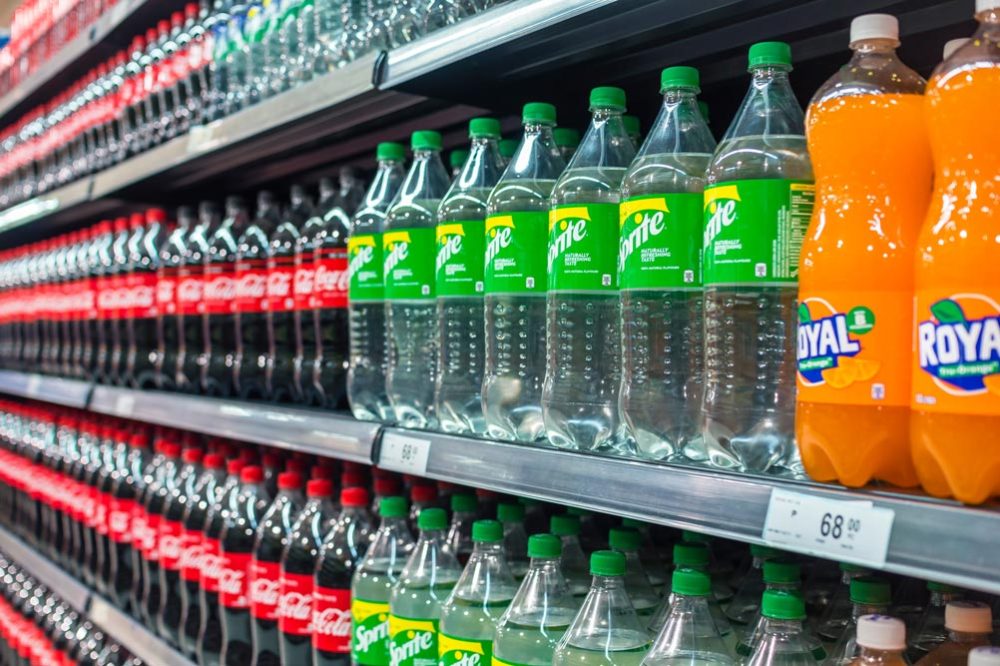Advertisment
Atrial fibrillation linked to sweetened beverage use

Adults who consume two liters (about 67 ounces) or more of sugar- or artificially sweetened drinks per week are at a significantly higher risk of developing atrial fibrillation, an irregular heart rhythm, when compared to adults who drank less of such beverages.
The findings were published on March 5, 2024 in Circulation: Arrhythmia and Electrophysiology, a journal of the American Heart Association.
“Our study’s findings cannot definitively conclude that one beverage poses more health risk than another due to the complexity of our diets and because some people may drink more than one type of beverage,” said lead study author Ningjian Wang, M.D., Ph.D., a researcher at the Shanghai Ninth People’s Hospital and Shanghai Jiao Tong University School of Medicine in Shanghai, China. “However, based on these findings, we recommend that people reduce or even avoid artificially sweetened and sugar-sweetened beverages whenever possible. Do not take it for granted that drinking low-sugar and low-calorie artificially sweetened beverages is healthy, it may pose potential health risks.”
As background, the authors noted, “This large study of health data in the UK Biobank is among the first to assess a possible link between sugar- or artificially sweetened beverages and AFib. Atrial fibrillation is a condition in which the heart beats irregularly, increasing the risk of stroke by five-fold.”
The investigators analyzed retrospectively data from dietary questionnaires and genetic data for 201,856 adults who were free of an AFib diagnosis at the time of enrollment, between 2006 and 2010, in the UK Biobank.
The researchers reported that in the 9.9-year follow-up period they identified 9,362 cases of AFib among the subjects.
They found that compared to subjects who did not consume any sweetened drinks, there was a 20% increased risk of the development of atrial fibrillation among those who drank more than 2 liters weekly (about one 12-ounce drink 6 days a week) of artificially sweetened beverages.
They also found a 10% increased risk among subjects who reported consuming 2 liters per week or more of sugar-sweetened beverages.
Drinking one liter or less of pure juice per week, like pure orange or vegetable juice, was associated with an 8% reduced risk of atrial fibrillation.
“These novel findings on the relationships among atrial fibrillation risk and sugar- and artificially sweetened beverages and pure juice may prompt the development of new prevention strategies by considering decreasing sweetened drinks to help improve heart health,” Wang said.





